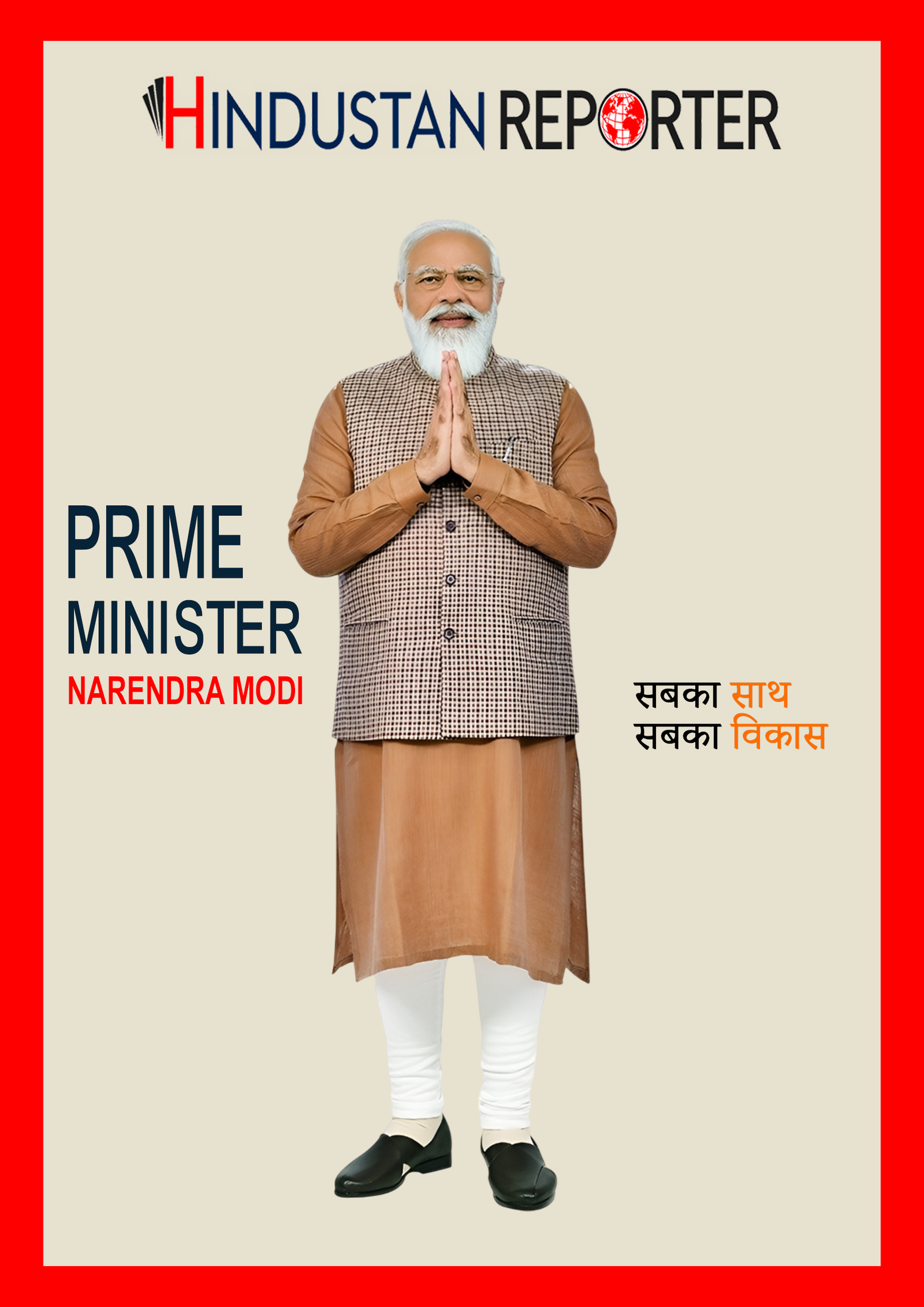According to Fortune Business Insights, the electric vehicle (EV) market in India was estimated to be worth USD 8.03 billion in 2023 and is projected to reach USD 117.78 billion by 2032, with a compound annual growth rate (CAGR) of 22.4%.
The nation’s battle with air pollution is one of the primary causes of this rise. According to the World Resources Institute, some Indian cities rank among the most polluted in the world, contributing to millions of deaths annually. Transportation plays a significant role in this, accounting for more than 13% of the nation’s energy-related greenhouse gas emissions.
To tackle this, India has set targets to achieve net-zero emissions by 2070 and aims for 30 per cent of all vehicle sales to be electric by 2030. As of now, EVs make up just 6 per cent of the total vehicles on Indian roads, but even this small share has helped avoid about 10 million tonnes of carbon emissions between 2020 and 2024.
Adoption in Tier 2 and Tier 3
While metro cities like Delhi, Mumbai, and Bangalore have long been the face of India’s mobility shift, it’s the Tier 2 and Tier 3 towns that are turning heads now.
Although EV adoption was gradual at first, startups have accelerated the change. Zypp Electric’s CTO, Rahul Yadav, described how their journey began. “EV adoption was slow when we started in 2017, but it is currently increasing. There are 1,000 three-wheeler loaders and 25,000 two-wheelers in our company’s fleet. In Bangalore, Gurgaon, Delhi, Noida, Hyderabad, and Mumbai, we oversee 25 hubs throughout India.
Technology is really important. Rahul continued, “We can lower our ETA for a vehicle’s RFD and assign it to a rider in the shortest amount of time possible because every component of our EV is tested by AI-driven solutions.” With over 1,000 vehicle allocations per day, their operations currently deliver 2 million orders per month.
Startups Paving the Way
Although EV adoption was gradual at first, startups have accelerated the change. Zypp Electric’s CTO, Rahul Yadav, described how their journey began. “EV adoption was slow when we started in 2017, but it is currently increasing. There are 1,000 three-wheeler loaders and 25,000 two-wheelers in our company’s fleet. In Bangalore, Gurgaon, Delhi, Noida, Hyderabad, and Mumbai, we oversee 25 hubs throughout India.
Technology is really important. Rahul continued, “We can lower our ETA for a vehicle’s RFD and assign it to a rider in the shortest amount of time possible because every component of our EV is tested by AI-driven solutions.” With over 1,000 vehicle allocations per day, their operations currently deliver 2 million orders per month.
In 2023, more than 486 electric vehicle (EV) startups emerged in India, per a Tracxn research. This number had increased to over 700 registered EV businesses operating nationwide by 2024. These businesses, which range from major producers to start-ups, cover the whole range of electric vehicles (EVs), including two-wheelers (2Ws), three-wheelers (3Ws), and four-wheelers (4Ws), and they serve the passenger and commercial transportation markets.
The Missing Links in the EV Chain
Despite the advancements, there are still obstacles, primarily related to taxation and charging infrastructure.
“There will be a better ecosystem as more people contribute to the EV ecosystem and larger players enter the market,” Yadav stated. “There will come a time when delivery of orders and even transportation services like Porter or Rapido will not require gasoline-powered vehicles.”
Byalal did, however, bring up an important point on policy gaps. “You must pay 18% GST for public EV charging, but you do not pay tax on petrol. Due to hefty power costs, it is actually less expensive to operate a CNG vehicle than an EV in a city like Ahmedabad. We continue to operate under an outdated GST law from 2014.
Building for Bharat, Not Just India
Imported Teslas will not influence India’s EV landscape in the future; instead, locally developed solutions tailored to Indian roads and budgets will.
“In the US, a Tesla costs forty thousand dollars. Here, after duties, it exceeds 40 lakh rupees,” Sanjay noted. In India, very few people can afford that. The price of a Maruti Suzuki Swift is 6 lakh. You must build for India, not import a product, if you want electric mobility to become a reality there.
Many in the industry hold this opinion. EVs need to be designed with price, range, and durability in mind—aspects that are appropriate for Indian cities, terrains, and economic circumstances.
Government Angle
The government is intervening to hasten adoption. With a budget of INR 3,679 crore, the PM E-Drive project seeks to lower upfront costs for consumers by subsidizing electric two- and three-wheelers. According to EVfy, the infrastructure for EV charging is also anticipated to grow to USD 3.7 billion by 2030.
“Clearly, the future is electric,” Rahul emphasized. “Developed markets like China and Taiwan are visible; they are all electrified. When interchangeable service stations and charging stations become available across regions, India will follow suit.
“The future is solutions that are tailored for the kind of economic climate that India is in,” Sanjay succinctly stated. It makes reasonable to have a product that functions there.

